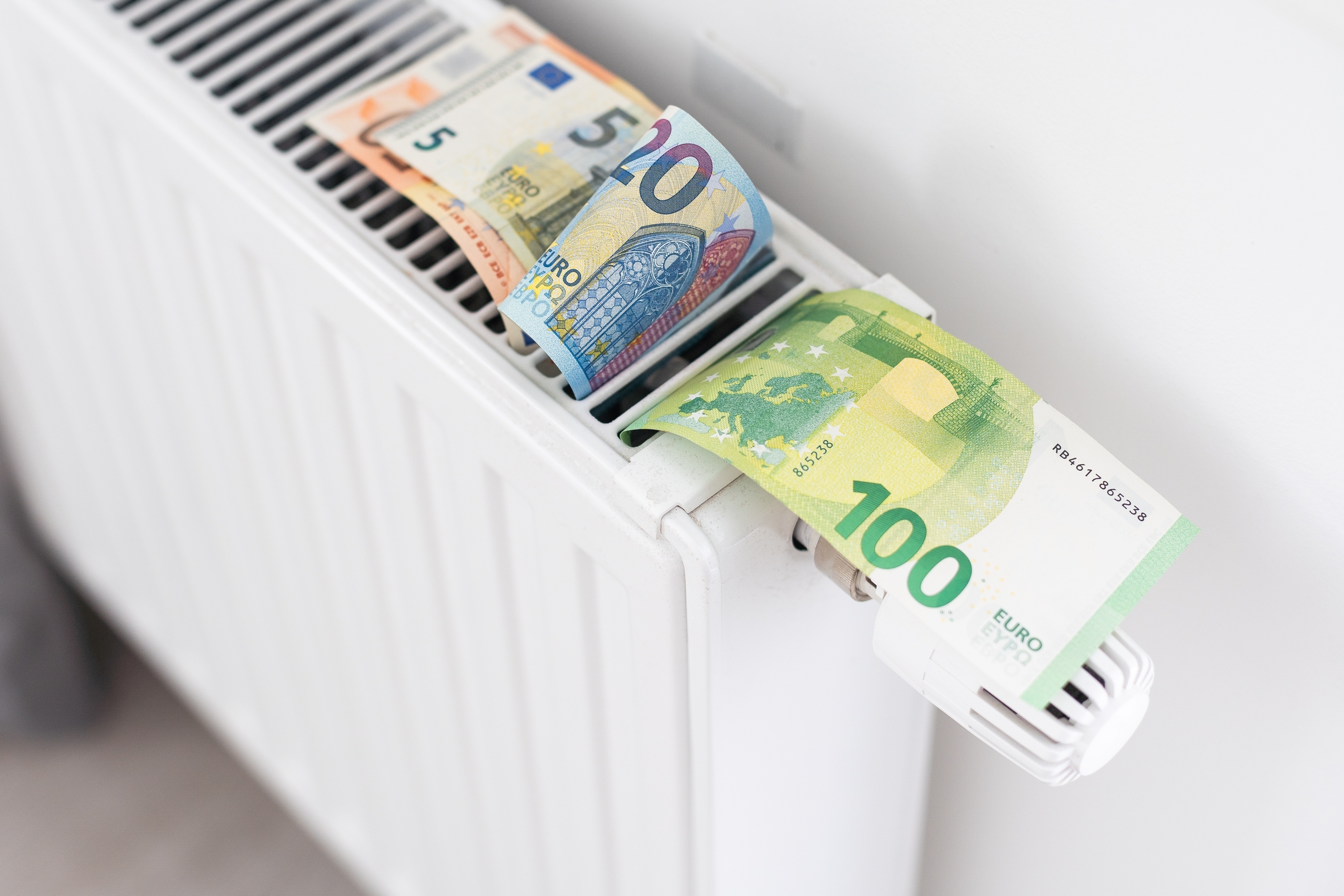As the first cold weather approaches, then winter, it is time to think about simple and effective ways to save energy in your home while staying warm. Discover our practical advice.
The cold should soon invade at least part of France, just as energy bills should soon jump. But rest assured, there are some tips for having a comfortable winter by controlling and, let’s go even further, reducing your energy costs.
In our article, we present 4 simple and effective solutions, which can range from optimizing your heating to adopting more economical devices.
Tip #1: optimize heating by setting it to the right temperature
If the first instinct we may have in case of cold is to turn on our heating, it is actually better to concentrate on optimizing it. ADEME, the Ecological Transition Agency, recalls that ideally, the maximum average temperature in a home should be 19°C. If you have a thermostat, here are the temperatures you should choose:
- 19 to 21°C during the day, 16 or 17°C at night if you are at home;
- 16 to 18°C if you are away for a few hours;
- And around 12°C if you leave for several days.
Each degree of temperature saved represents, on average, 7% less consumption. It is entirely possible to save tens, even hundreds of euros per year by properly optimizing the interior temperature. Don’t forget the maintenance of your radiators and heaters either, because equipment in good condition will cost you less than the opposite.
Tip #2: Insulation and waterproofing should be your priority
If heating represents almost two thirds of a home’s energy consumption, insulation is the best way to reduce your bill. If your house or apartment is poorly insulated, heat escapes quickly, forcing you to heat more to maintain a comfortable temperature. This is obviously not the right solution.
Caulking doors and windows, installing insulation in the attic, on the walls and roof, replacing old windows with double glazing… These are all solutions that can help you. To succeed in your insulation, it is better that the ventilation of the home is sufficiently effective, that the sealing is good and that you have removed all thermal bridges.
The only downside: the cost of insulation work can be very significant. Little tip: the State has renewed in 2023, then for 2024, the MaPrimeRénov’ system, which makes it possible to finance heating, ventilation or of course insulation work, for an amount calculated according to the household’s income and earnings. ecological provided by the work.
Tip #3: Save hot water
Hot water, or to be precise the process of heating this water, accounts for 15% of a household’s energy consumption, on average. To save money, it is a good idea to reduce the temperature of your water heater to around 49°C. Some are programmed by default at 53, 54 or sometimes 55°C, and require very quick and summary manipulations if they are relatively recent.
Another tip: take shorter showers, 5 to 10 minutes. Concerning the latter, there are low flow shower heads, which allow you to reduce hot water consumption, without sacrificing comfort. Also remember to turn off the tap water when brushing your teeth or shaving.
Tip #4: Pay attention to electronic device management
Managing your home’s electronic devices is crucial to saving energy. Devices in standby consume energy, even when turned off! Based on this observation, if you can, use power strips with switches to turn off several devices at once. Also unplug unused chargers, as they consume power when plugged in.
As for those old devices that you don’t want to part with (we see you), put the affect aside and replace them with more energy-efficient models. When you go to the store or browse online, choose machines with the letter A, B, or even C (energy labels have changed this year, whether for homes or electronic devices), and it’s your electricity bill that will thank you.
Using LED bulbs, which use less energy and last longer, could also help you save some money. What is certain is that following at least 1 or 2 of these tips will already help you, on the one hand, to do something for the environment but also to preserve your purchasing power. Good luck to you, dear readers.

28